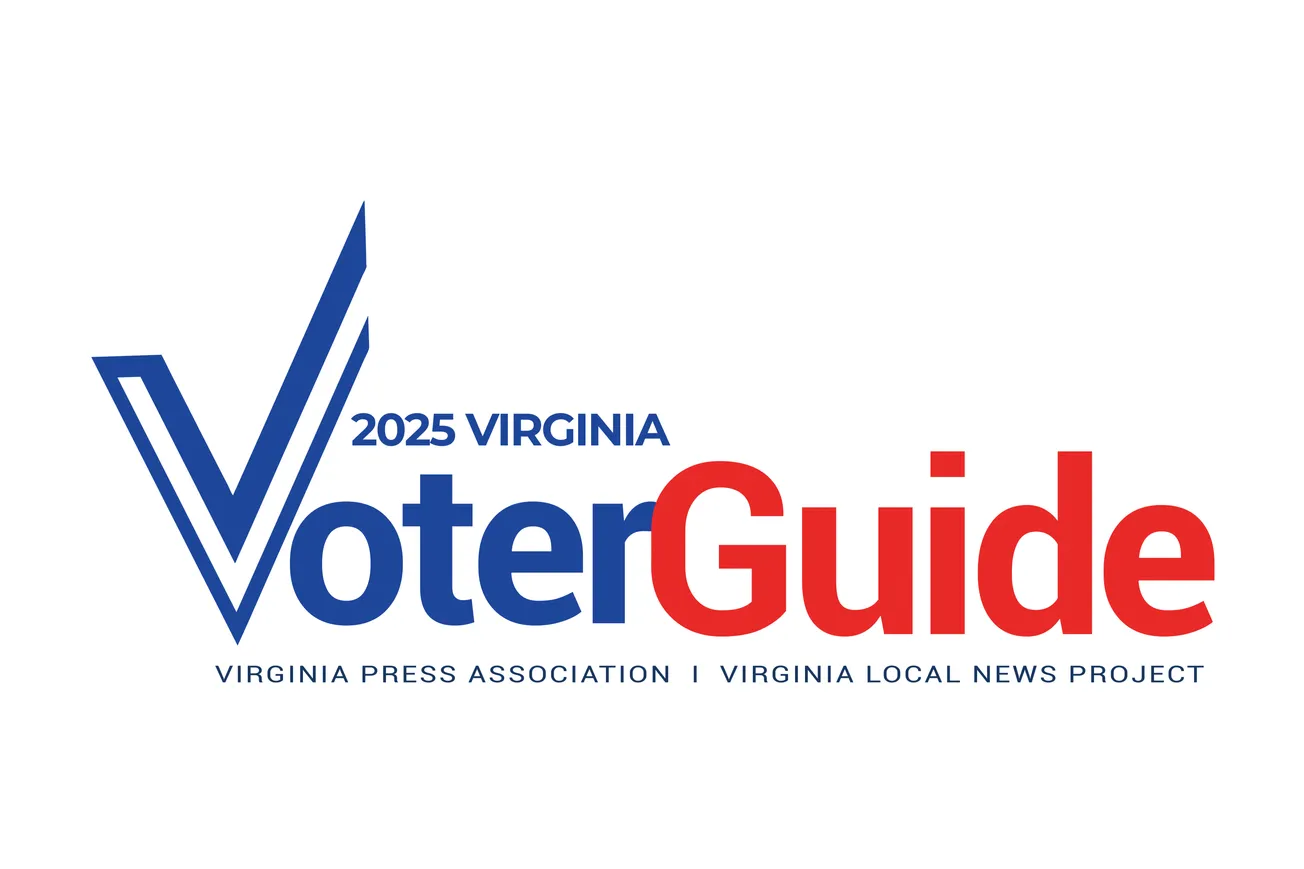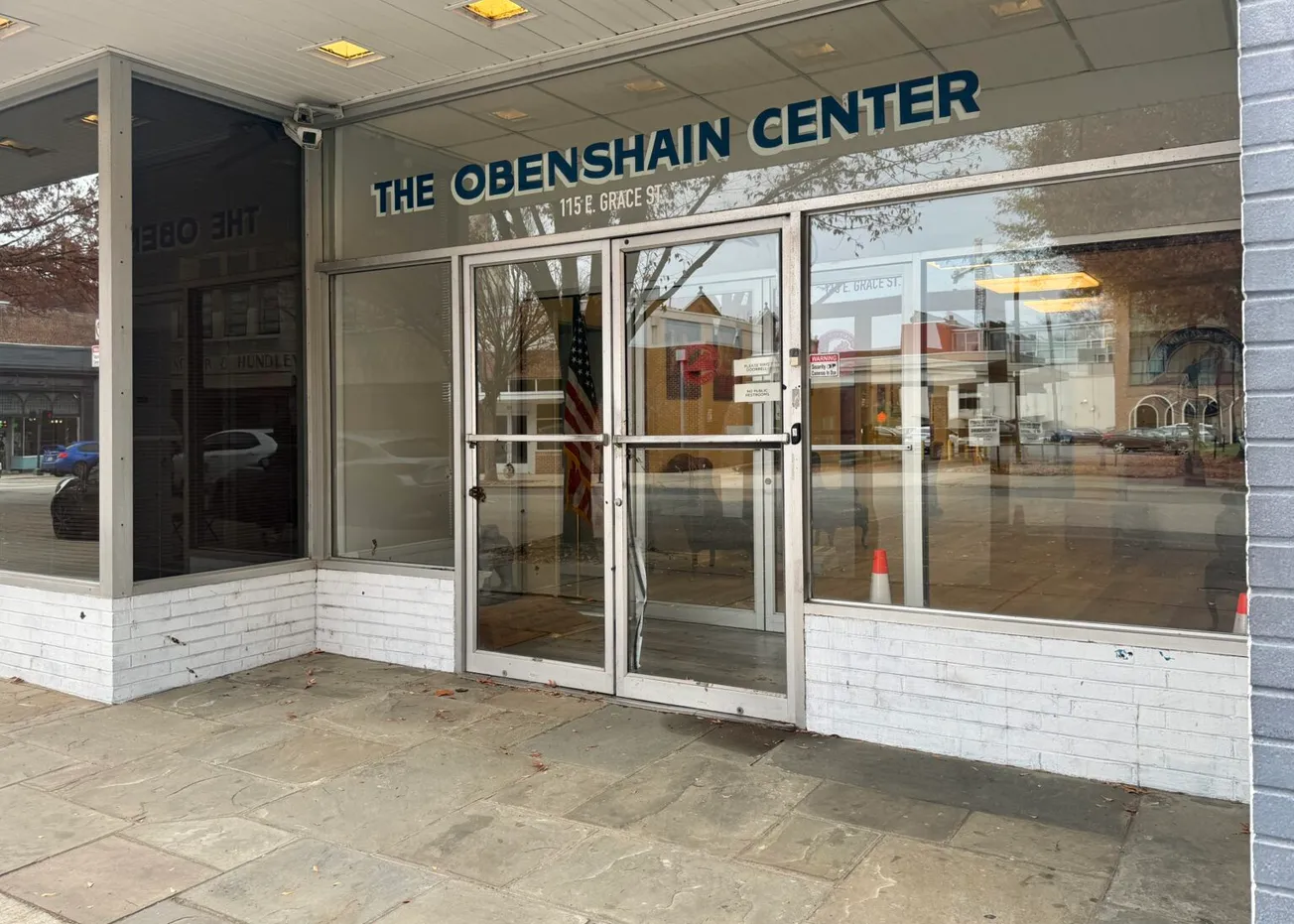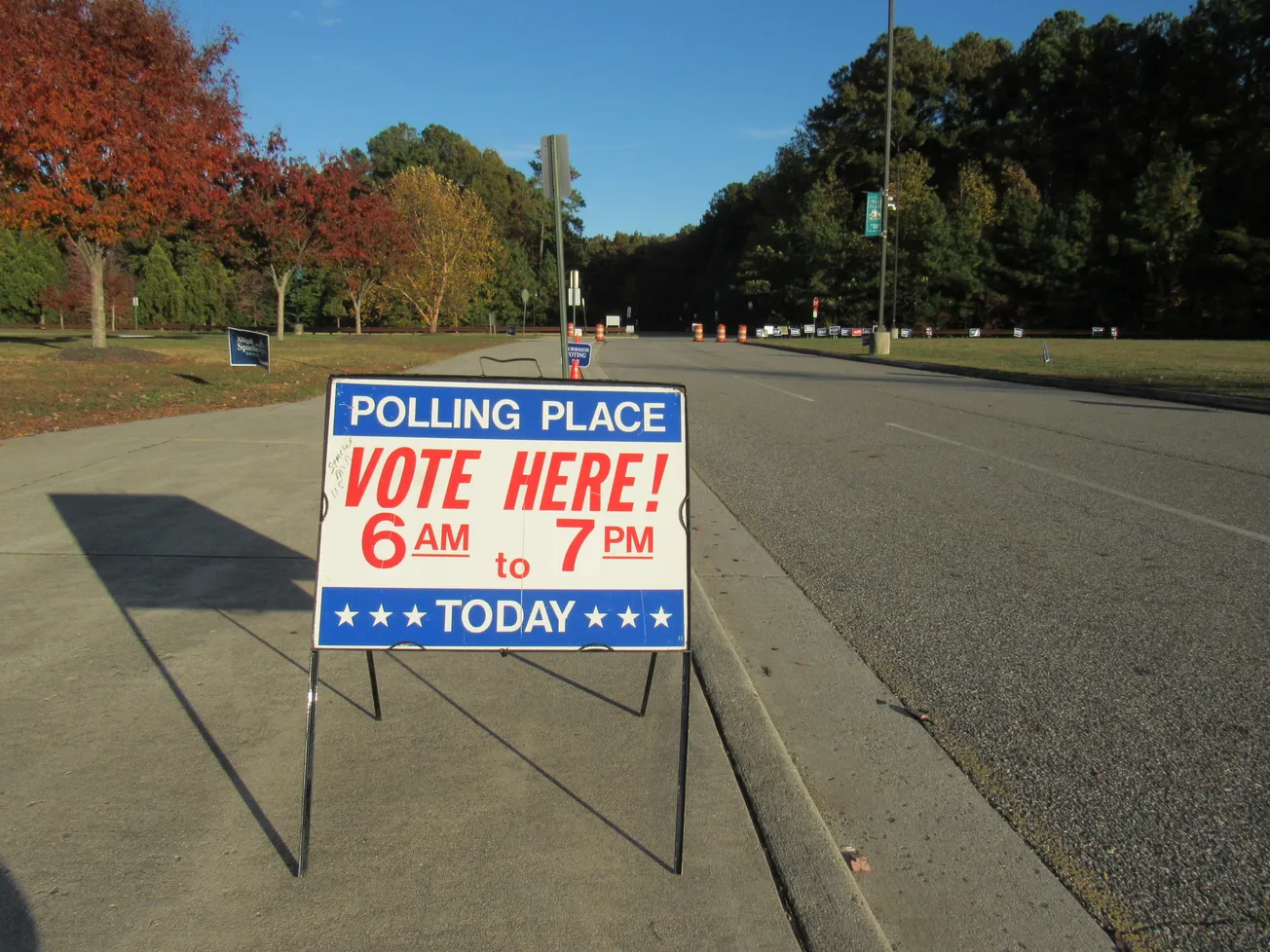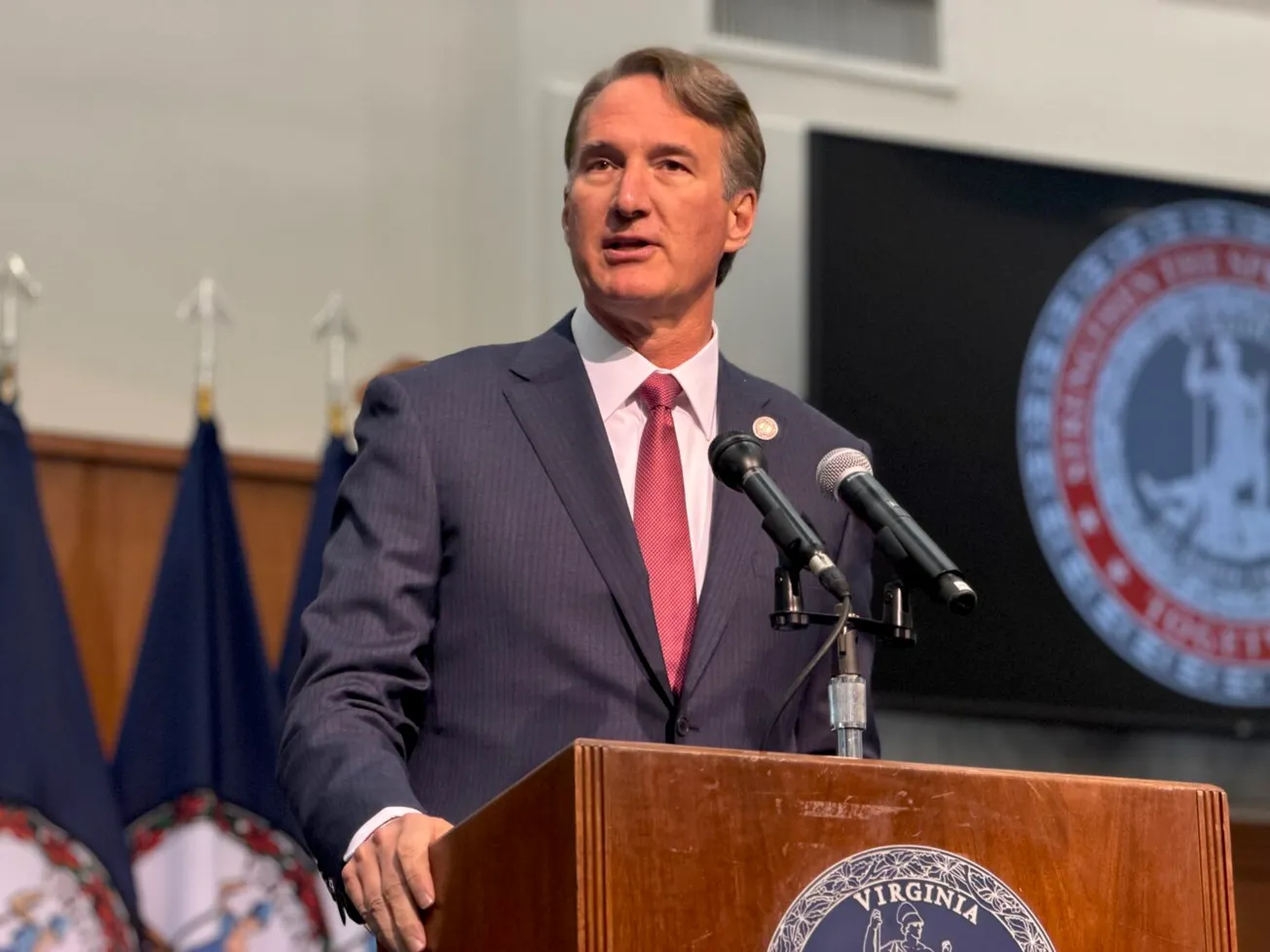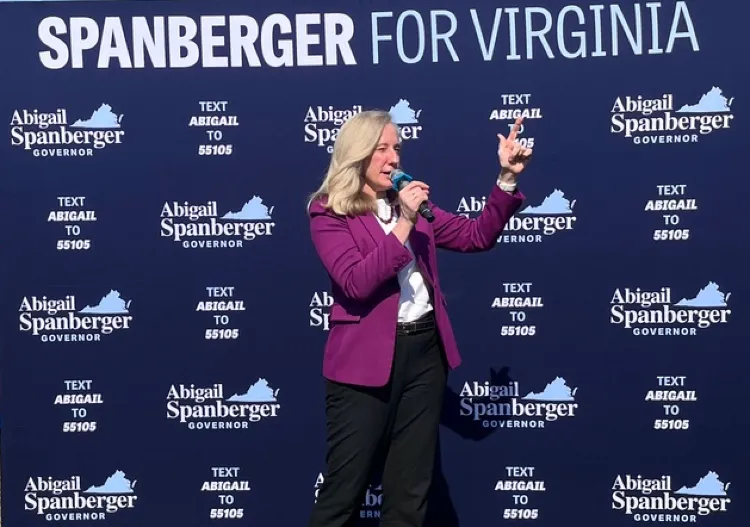Election 2025 — Government — Virginia Government — Abigail Spanberger — Winsome Earle-Sears — Top News — Virginia Governor — 2025 Virginia Voter Guide
CANDIDATE Q&A – Virginia gubernatorial candidates Winsome Earle-Sears and Abigail Spanberger
